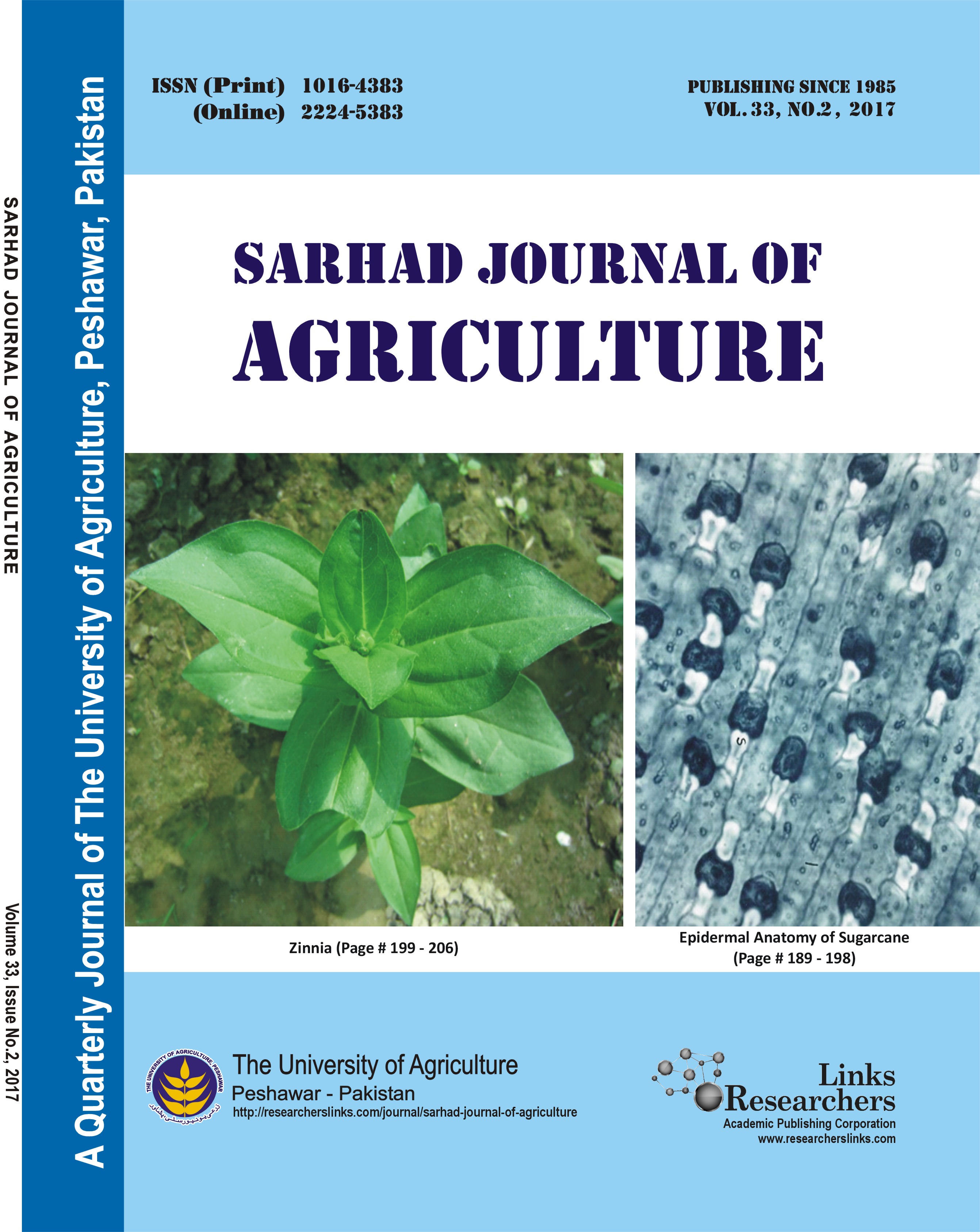Impact of Marine Pollution and Climatic Factors on Artisanal Fish Capture in Nigeria
Impact of Marine Pollution and Climatic Factors on Artisanal Fish Capture in Nigeria
Toyin B. Ajibade1*, Mukhtar A. Yusuf1, Sijuwade A. Adebayo2, Uswat T. Adeyemi1 and Olubunmi A. Omotesho1
ABSTRACT
Fishery resources are renewable, however, only when put to sustainable use. Plastic pollution has been fingered as a cause of dwindling ocean health across states in Nigeria whereas the vagaries of climate change are also detrimental to sustainability of the aquatic ecosystem. Declining fish stock over the years is of stern concern, having strong implications not only on the livelihoods of millions of agents along the value chain but as well on future nutritional security of the populace and perhaps economic development. Despite potential threats that plastic poses to ocean ecosystem, there is still limited research in Nigeria to ascertain the extent and magnitude of the challenge. This study was therefore carried out to unfold how plastic pollution, alongside climatic variables, has affected artisanal fish output in Nigeria. We analysed the effect of marine pollution and selected climatic variables on artisanal fish capture in Nigeria over 1980-2019. Analytical tools employed include unit root test, co-integration, and the error correction mechanism. We found that the sea surface temperature, wind speed, current year marine litter plastic waste, and magnitude of marine litter plastic wastes from the previous year negatively influenced the artisanal fish capture quantity in the period under review (p<0.05). We conclude that climate change and marine plastic pollution are major issues with negative impacts on artisanal fish capture in Nigeria. We recommend the need to draw up strategies towards cleaner aquatic environment through the improvement of waste disposal system in Nigeria alongside concerted ocean clean-up exercises. Policies towards ban of single-use plastics, accountability of manufacturers using plastic packaging, job creation in wastes aggregation, and deepening the attractiveness of the upcycling node in the waste value chain were also recommended. Given the potential of climate variables to lower artisanal fish capture, it becomes critical to target efforts at confronting climate change.
To share on other social networks, click on any share button. What are these?








